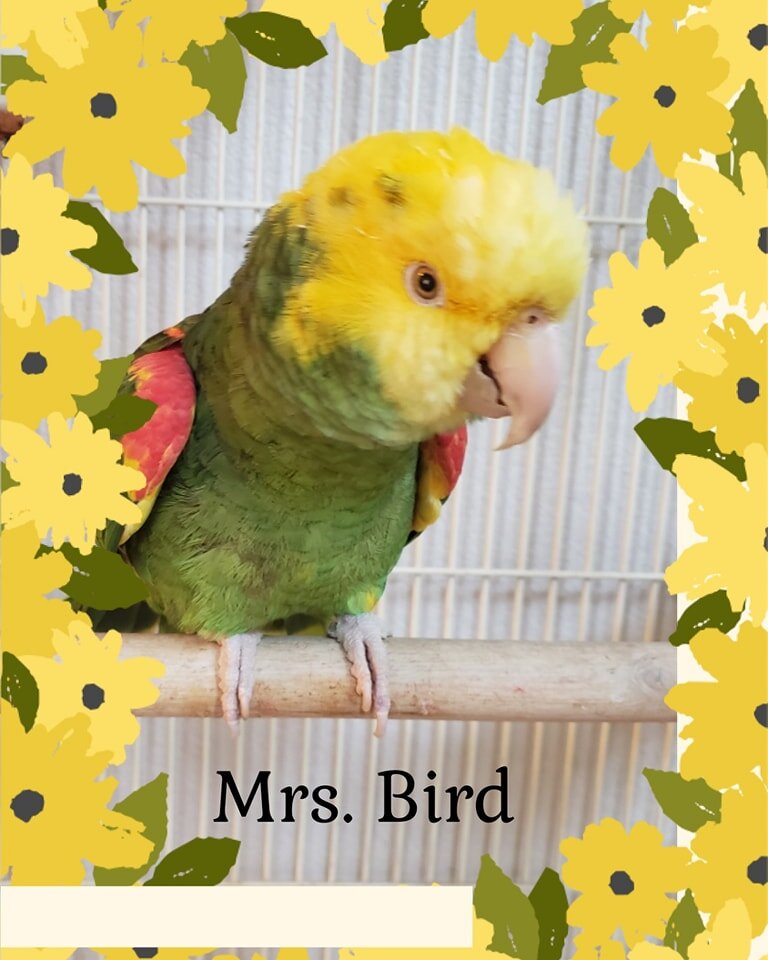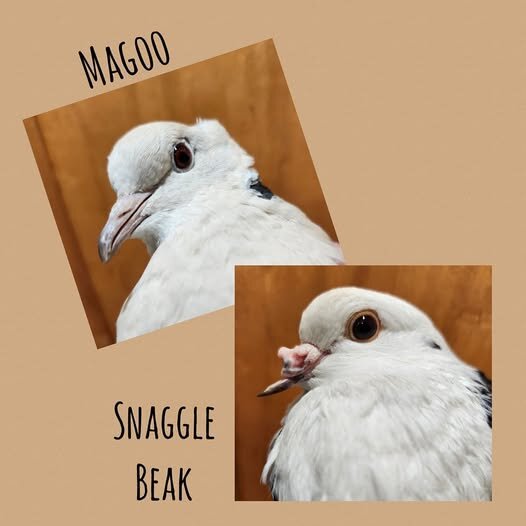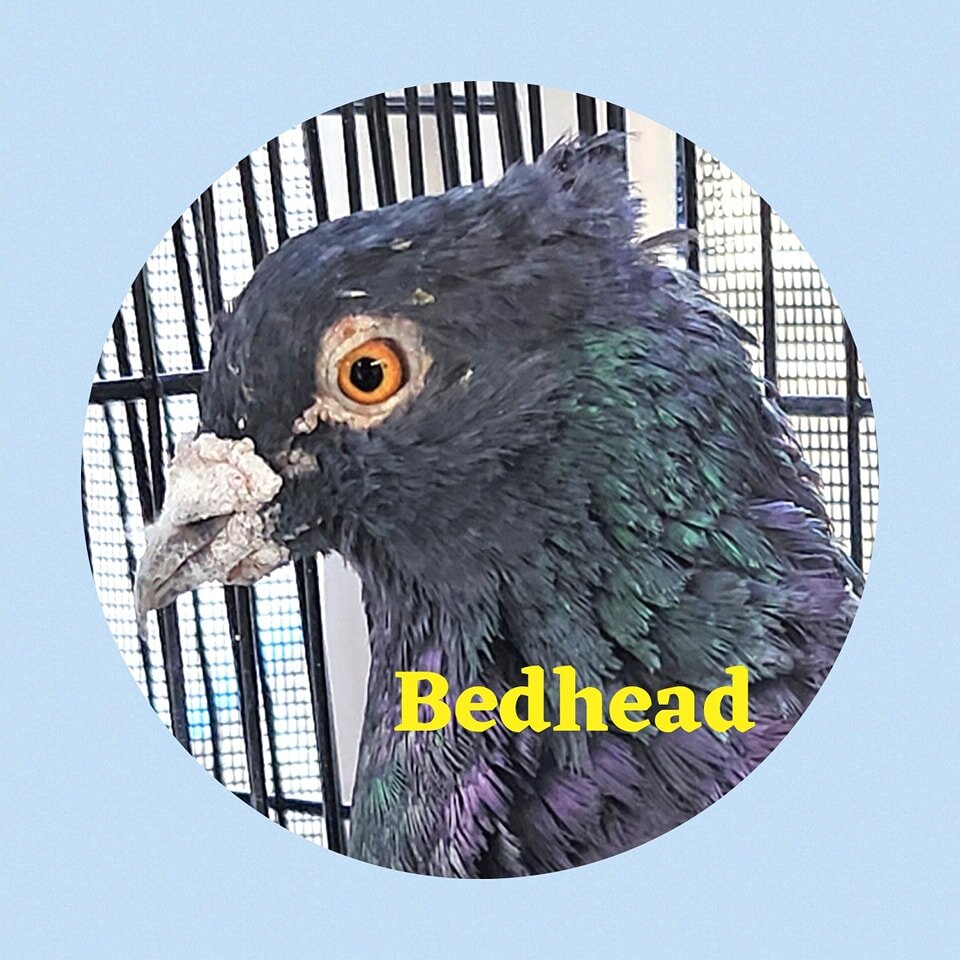By Teresa (Terry) Whatley | Founder/Director
What if there was a disaster near you and you had to evacuate? Would you be able to get yourself, your family, and your pets to safety? What if you became ill and unable to care for your pets? What if you passed away? Who would care for your pets? Wow! Tough and unpleasant questions but questions very much in need of answers. If you are like most of us, you really haven’t thought about these things and don’t have a plan. All of us need to have a plan for our pets should there be a situation where they are at risk. Let’s all make it a top priority to have a plan for our pets should something happen.
January was an exceedingly difficult and heartbreaking month here in Southern California due to the devastating wildfires that ravaged huge areas of Los Angeles County. The loss of life and property was staggering as was the damage done to the environment. Our hearts go out to all who were affected by the fires. Our rescue was extremely fortunate to be far away from any of the fires, but we saw, firsthand, the terrible consequences of these fires for both humans and animals.
We’re going to be telling you the stories of Mrs. Bird, Bedhead, Gecko, Magoo, Snaggle Beak, and Fergus in this report.
Let’s begin with Mrs. Bird, who is a 39-year-old Double Yellow-Headed Amazon Parrot. Mrs. Bird lived with her owner for 36 of those 39 years. When Mrs. Bird’s owner became critically ill and was hospitalized for a lengthy time, arrangements were made by the owner to have a caretaker come in every day to look after Mrs. Bird. At long last, the owner was finally discharged from the hospital only to find out from her doctors that she could no longer reside in the same household as Mrs. Bird. The owner’s respiratory issues were too extreme to risk them being worsened by having a bird in the home. Mrs. Bird’s presence in the home was now an emergency. We were contacted for help and were able to pick up Mrs. Bird and bring her into our care within hours of receiving the plea for help. This was a fortuitous circumstance. We cannot always react that quickly. This was an emotionally charged situation for the owner, for Mrs. Bird, and for us. Our pets can and do notice our feelings, and Mrs. Bird was very distressed. Please, let’s all plan ahead for our pets. None of us know when it might become necessary to rehome them.
Let’s move on to Bedhead, Gecko, Magoo, Snaggle Beak, and Fergus. These five birds and many more birds and animals from the same location are survivors of the Eaton Fire which decimated large areas of the city of Altadena where they lived. Their medical conditions are not directly related to the fire, but when they became evacuees, it wasn’t possible for them to be properly housed and cared for at the evacuation site. They were part of the 180 birds and animals living at a private rescue. When the evacuation order came, the fire was moving so quickly that there simply wasn’t time for the owner to locate sufficient transport carriers and pack up all the birds and animals. The birds and animals were left behind. By some miracle, none of the birds or animals perished in the fire. When the owners were allowed to return to the property a day or so later, they found that all the pens, cages, and animal structures had been somewhat damaged by the fire, but all the birds and animals were still alive! While the home wasn’t burned down, it was no longer habitable. With the help of a local animal services agency, all the birds and animals were able to be placed in cages/carriers and transported to the evacuation site where the owner was temporarily living. While the outcome for the people, birds, and animals was nothing short of amazing, the loss is still monumental for the owners. Through the hard work and dedication of local animal rescuers, many of the displaced birds and animals have been able to find new homes. Those of us who have more birds and animals than we could easily evacuate need to be very aware that we are potentially placing those birds and animals at significant risk. We must assure that we have the necessary equipment, manpower, and transport vehicles to get our charges out of harm’s way should the need arise. That’s not possible without a plan being in place! Sadly, even with the best of plans and preparation, Mother Nature may have a completely different outcome in mind as was the case with the Eaton Fire. There simply wasn’t time.
Let’s meet our Eaton Fire survivors!
Magoo is a domestic Ringneck Dove who is significantly vision impaired. He was having a rough time adjusting to his new living conditions at the evacuation site. He has settled in well with us and is eating and drinking well on his own.
SnaggleBeak is missing most of his upper beak and needs to be carefully monitored to assure that he is eating adequately. SnaggleBeak is now named Tater Tot and is living his best life at The Shore Sanctuary where they specialize in birds with beak abnormalities. Should he need supplemental hand feeding, he’s in the right place!
Gecko is blind in his left eye. The eye was extremely swollen and bulging at the time he was evacuated. Since being with us, Gecko has received veterinary care and is on medication that is gradually helping to reduce the swelling. We are hopeful that it won’t be necessary to remove the eye, but if that becomes necessary, Gecko will receive the care needed.
Fergus is a male pigeon that is completely missing one leg and that has an abnormal beak that is slightly scissored. Fergus is now named Trainwreck and is living his best life at Moosesflock Pigeon and Dove Rescue where he receives professional beak shaping and trimming to help him eat adequately on his own.
Bedhead is believed to be an older fellow. He got severely pecked on the head by other pigeons during the transport to the evacuation site. He’s all healed up now, but he will likely always be sporting that Bedhead look due to scar tissue on his head.
As always, we are extremely grateful for your help and support. Veterinary care is still our largest expense, and we simply couldn’t do what we do for the birds without your generous financial support. Thank you!
Project reports on GlobalGiving are posted directly to globalgiving.org by Project Leaders as they are completed, generally every 3-4 months. To protect the integrity of these documents, GlobalGiving does not alter them; therefore you may find some language or formatting issues.
If you donate to this project or have donated to this project, you can receive an email when this project posts a report. You can also subscribe for reports without donating.
Support this important cause by creating a personalized fundraising page.
Start a Fundraiser



